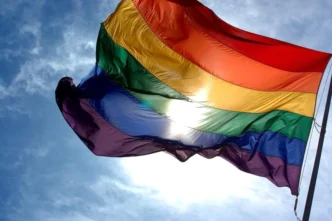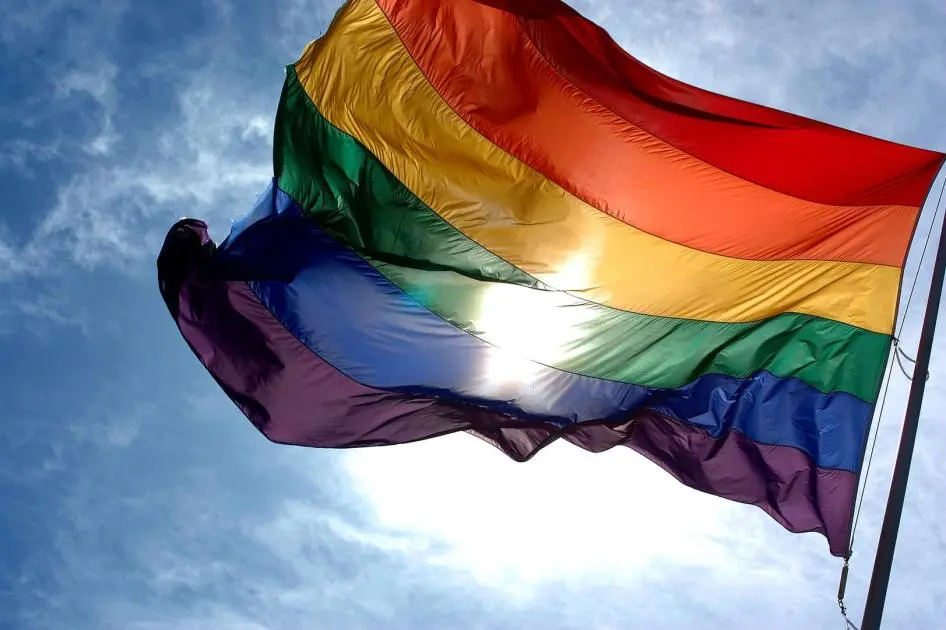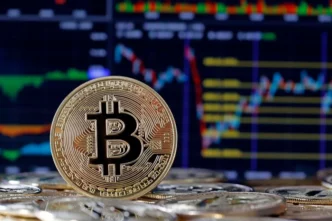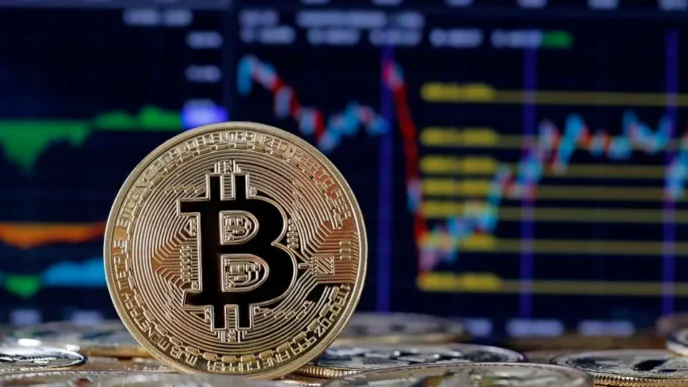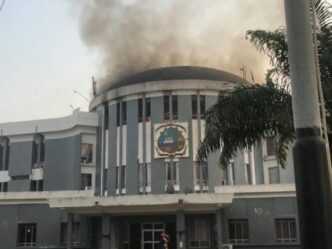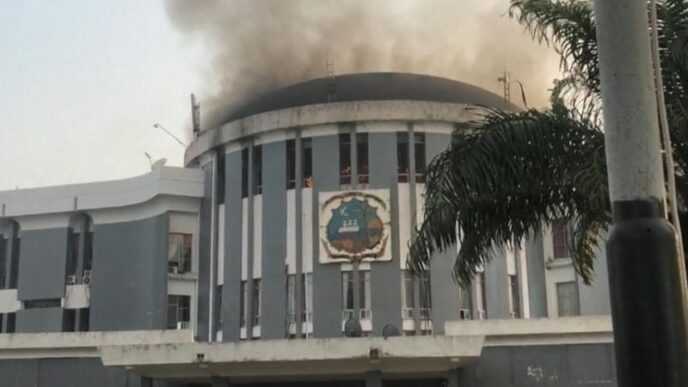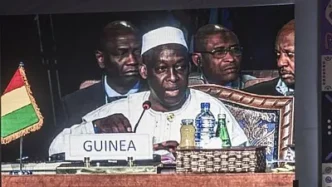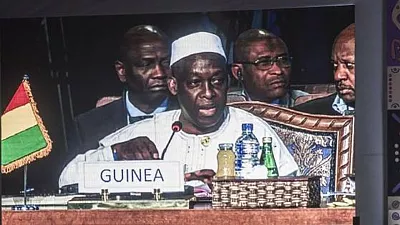Ghana’s Supreme Court has rejected two legal challenges aimed at stopping the controversial anti-LGBT legislation, sparking heightened concerns among rights groups and the LGBT community.
The Proper Human Sexual Rights and Ghanaian Family Values Bill, which imposes severe penalties on LGBT individuals and organizations, has drawn widespread condemnation for its draconian measures.
The bill, which was passed by lawmakers earlier this year, prescribes a three-year prison sentence for identifying as LGBT and a five-year term for forming or funding LGBT groups. President Nana Akufo-Addo delayed signing the bill into law due to the pending legal challenges.
Supreme Court Dismisses Challenges
Amanda Odoi and Richard Dela-Sky had filed separate cases urging the court to declare the bill unconstitutional and block the president from approving it. However, Justice Avril Lovelace-Johnson, speaking on behalf of the court, stated, “Until there’s presidential assent, there is no act.”
The court unanimously dismissed both cases, explaining that no legal review could proceed until the bill officially became law.
Lawyers for Odoi and Sky expressed dissatisfaction with the ruling. “We will explore all options after reviewing the judgment,” they told Reuters.
Implications for LGBT Rights
Even before the bill becomes law, the impact on Ghana’s LGBT community has been profound. Fear and uncertainty have gripped individuals already facing limited rights.
Abena Takyiwaa Manuh, a senior fellow at the Centre for Democratic Governance in Accra, shared troubling insights: “Even without the passage of the bill, people have been attacking members of a certain community. This formalism puts lives and health at risk.”
Rights groups and the United Nations have condemned the legislation as one of Africa’s most severe anti-LGBT laws.
Political Support and Economic Concerns
The bill has received overwhelming support from Ghana’s two main political parties. However, Richard Dela-Sky raised concerns about the parliamentary voting process, alleging insufficient MPs were present during the vote.
Outgoing President Akufo-Addo, whose term ends on January 7, has yet to reveal whether he will sign the bill. Opposition leader and President-elect John Mahama, however, has voiced support for the legislation.
Beyond its social impact, the finance ministry has warned of significant economic repercussions. Passing the bill could cost Ghana up to $3.8 billion in World Bank funding over the next six years.
Future Legal Battles Expected
If signed into law, the legislation is likely to face further legal challenges. Gay sex is already punishable by up to three years in prison in Ghana, but activists argue this bill could exacerbate violence and discrimination against the LGBT community.
What steps should Ghana take to balance cultural values with universal human rights?
Read More:
